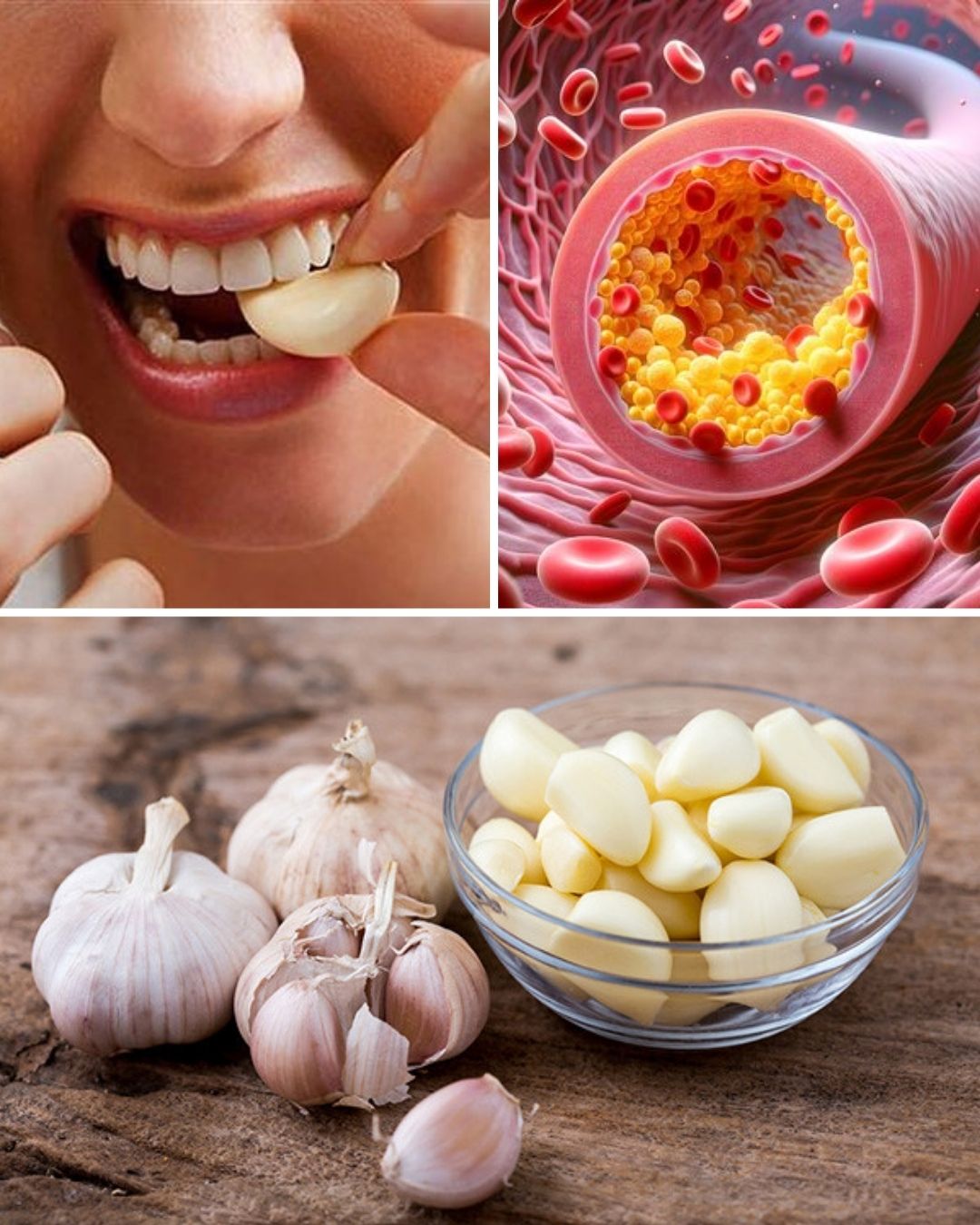2. Bad Breath and Body Odor
Garlic’s distinct smell comes from allyl sulfides, powerful sulfur-containing compounds that persist long after eating. Once digested, these compounds enter your bloodstream and exit through your lungs and skin, causing lingering odors that brushing and mouthwash can’t easily mask. Common effects include:
Persistent bad breath (halitosis)
Noticeable body odor, especially with regular intake
Even the most diligent oral hygiene routines may struggle to completely eliminate these odors. While it’s a small price for some to pay for garlic’s health perks, others might find it socially inconvenient — particularly in professional or close-contact settings.
3. Increased Risk of Bleeding
Garlic naturally acts as a blood thinner, improving circulation and reducing clot formation — an advantage for cardiovascular health. However, this same property can become risky for people who take anticoagulant or antiplatelet medications (like aspirin, warfarin, or clopidogrel). Excess garlic intake in such cases may lead to:
Frequent or unexplained nosebleeds
Easy bruising
Prolonged bleeding from cuts or surgery
If you’re on blood-thinning medication or preparing for a medical procedure, it’s essential to consult your healthcare provider before making garlic a daily habit.
4. Possible Drops in Blood Pressure
Garlic’s ability to reduce blood pressure is one of its most celebrated benefits. However, consuming it in large amounts may cause blood pressure to fall too low, especially in people who already have hypotension or take prescription medications for hypertension. This can lead to:
Lightheadedness or dizziness
Fatigue and weakness
Occasional fainting spells
Monitoring your garlic intake — particularly if you’re on medication — helps maintain a healthy balance without triggering unwanted side effects.
